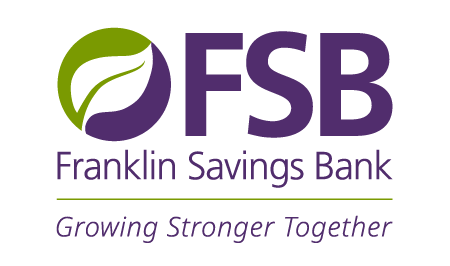They’re places where kids stash their cash before they bring it into the bank. Now, not every child has cash or a savings account. Those that do most likely have parents that understand and care about teaching their children about money. Are you one of those parents? Do you want to be one of those parents? If you answered yes to either question, there are plenty of tools available to help you and your child walk down the path together. Being financially literate is a vital life skill that helps individuals to lead a stable life.
Need vs. Want
Every day your child is bombarded with messages of things they “need.” Differentiating between a want and a need is a critical choice. You can help them not get stuck in a pattern that will result in poor financial choices in adult life.
A common example of a want versus a need for an older child is that jeans are considered a need while designer jeans are considered a want. For a younger child comparing food to toys might be an appropriate comparison. What is important here is that it is never too early or too late to start working with your child.
Financial Education Resources
Here are some tools to help you along the way: https://www.daveramsey.com/blog/how-to-teach-kids-about-money
For parents wishing to use a more formal approach to financial literacy education, check out this link that provides lessons and exercises: FDIC: Money Smart for Young People
How much would you save from a $50?
I recently asked two fifth graders what they would do if I gave each of them $50. One said she would buy shoes while the other would save $25, give $10 to someone who needed it, and buy something for herself with the remaining $15. Without changes in spending patterns, how different do you think life will be for them in 10 years … 20 years?
The communities we live in are a reflection of the people who live there. When people in the community are financially literate, income inequality is reduced and allows the community and those who live and work there to thrive.
Benjamin Franklin was right when he said “An investment in knowledge pays the best interest.”
Check out our FSBlog to receive all the latest information and financial tips from Franklin Savings Bank, or follow us on Facebook, LinkedIn or Twitter.




